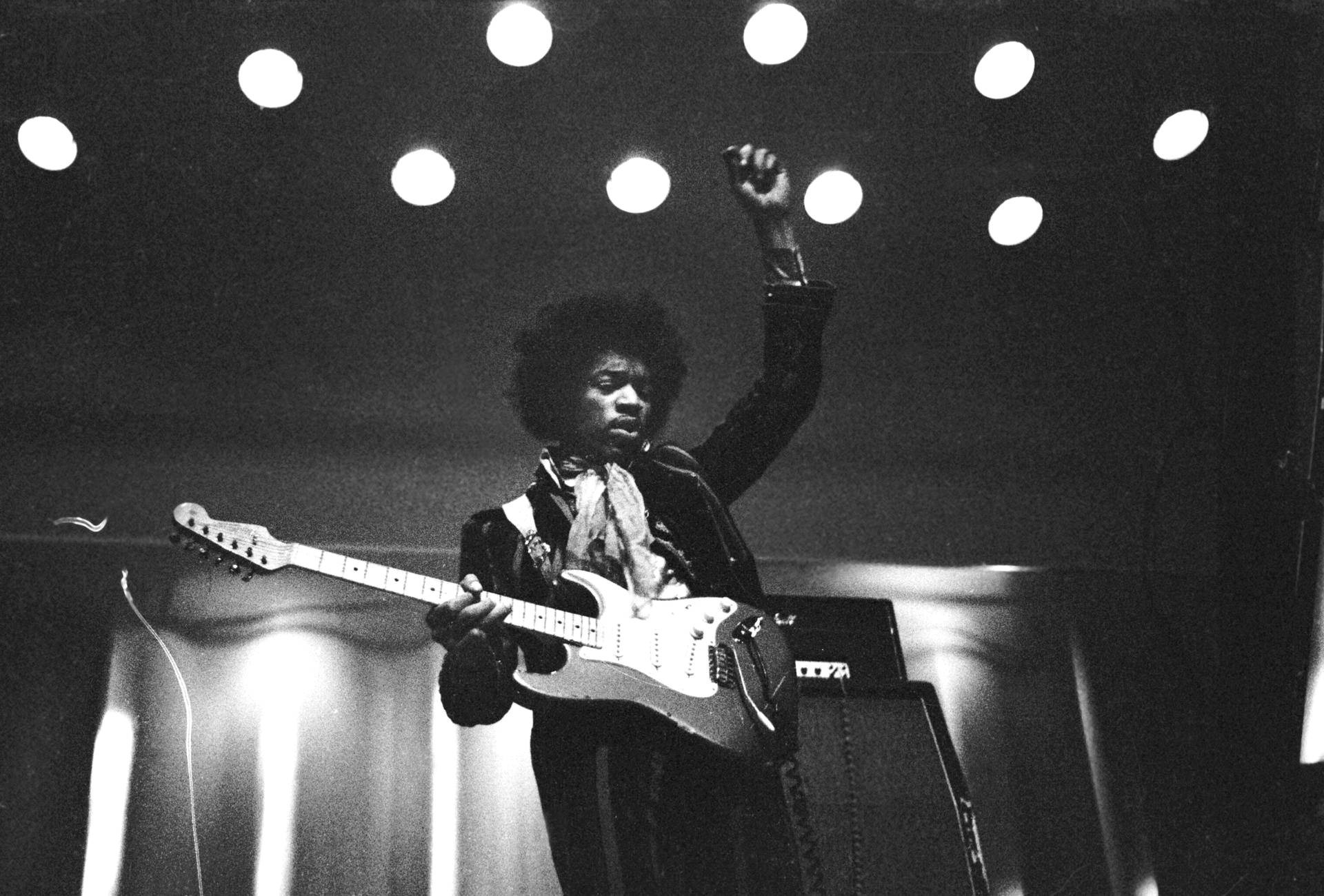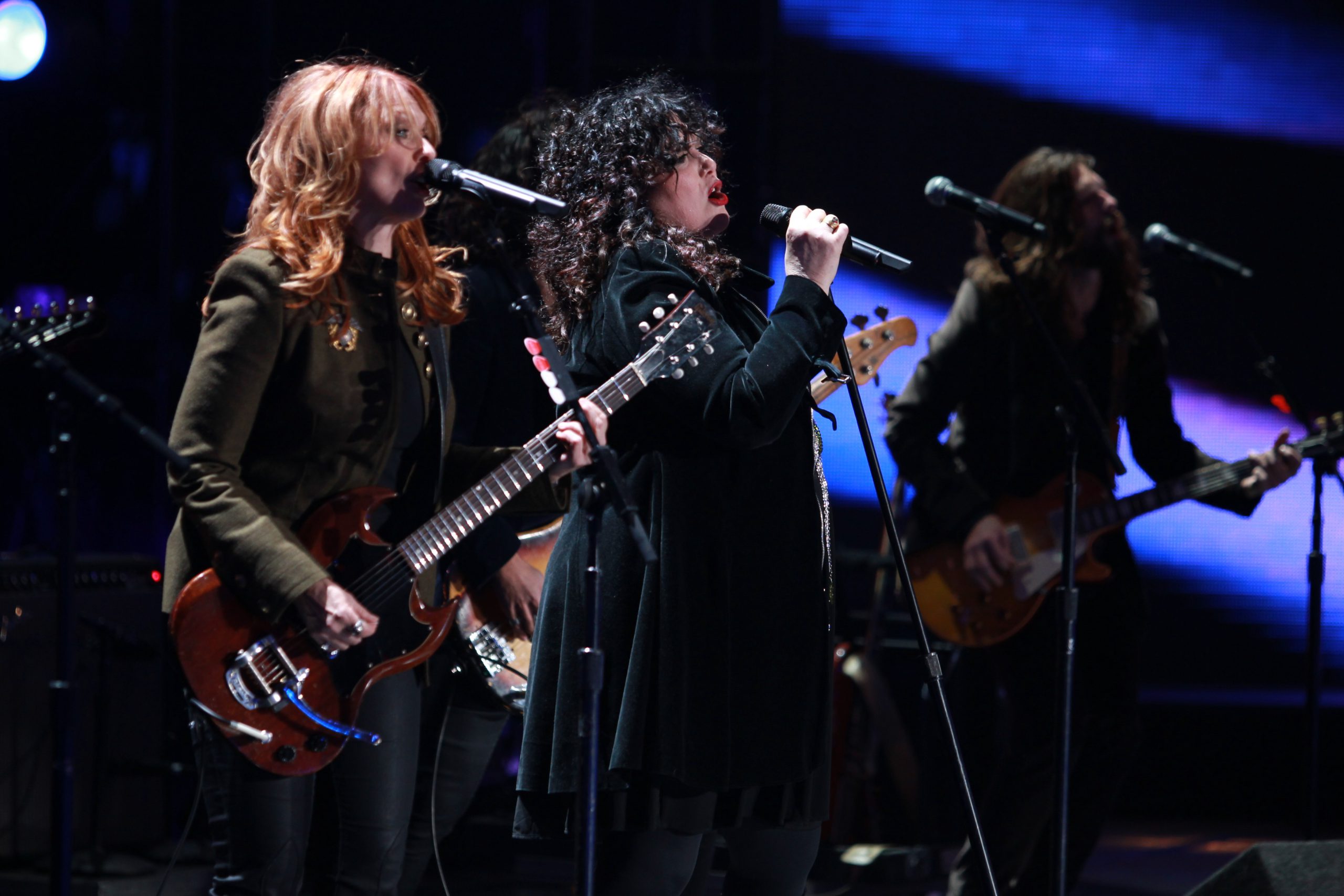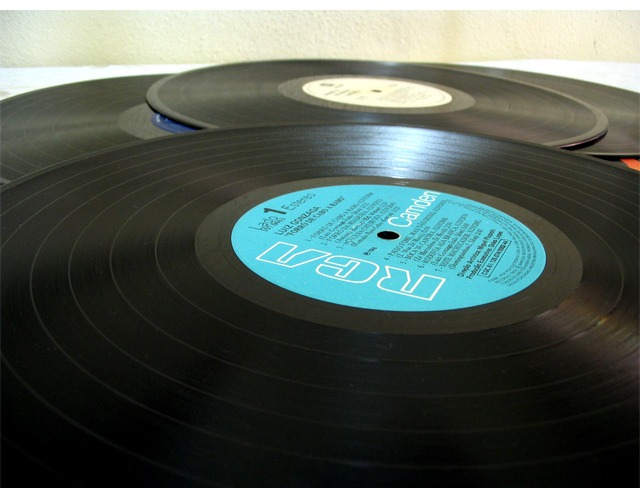That moment when you discover “There’s a bathroom on the right” isn’t actually what John Fogerty was singing hits differently than finding out Santa isn’t real. You’ve been confidently belting out complete nonsense for years, and somehow your version made perfect sense. Welcome to the world of mondegreens—those delicious mishearings that transform song lyrics into something entirely different yet oddly logical.
Why Your Brain Loves Making Stuff Up
Your brain operates like an overeager autocorrect system, constantly substituting unfamiliar words with ones that make sense to your personal vocabulary. When Creedence Clearwater Revival’s “There’s a bad moon on the rise” reaches your ears through compressed audio or background noise, your mind hears “bathroom on the right” because that phrase fits your everyday experience better than apocalyptic imagery.
This cognitive shortcut explains why Appalachian singers transformed obscure sea references in folk songs into familiar “lonesome” imagery—your brain wants lyrics that connect to your world. The phenomenon gets its name from writer Sylvia Wright, who coined the term in 1954 after mishearing a Scottish ballad line as “Lady Mondegreen.”
The Undisputed Champions of Mishearing
Jimi Hendrix’s “Excuse me while I kiss the sky” became “Excuse me while I kiss this guy” so universally that Hendrix himself started pointing to bandmates while singing the mondegreen version live. The man literally embraced his own mishearing as performance art.
Meanwhile, Elton John’s “Hold me closer, tiny dancer” transformed into “Hold me closer, Tony Danza,” turning a romantic ballad into an ode to the “Who’s the Boss?” star—a mishearing that gained extra cultural weight through “Almost Famous.” But the crown jewel remains Manfred Mann’s cover of “Blinded by the Light,” where Bruce Springsteen’s hot rod reference “revved up like a deuce” became the infamous “wrapped up like a douche.” This particular mondegreen has been called the most misheard lyric of all time, proving that automotive slang from the 1950s doesn’t translate well to modern ears.
The Modern Mondegreen Renaissance
Even with instant lyrics access on every streaming platform, mondegreens persist. Swift’s “Got a long list of ex-lovers” became “Got a lot of Starbucks lovers” for countless listeners, while rap’s rapid-fire wordplay creates entirely new categories of creative mishearing. Social media has transformed these accidents into communities—dedicated websites and apps now catalog famous mondegreens, creating shared cultural moments around our collective inability to hear things correctly.
These mishearings reveal something profound about musical interpretation: sometimes the audience’s version becomes more meaningful than the artist’s original intent. Your brain’s creative misunderstanding might just be the most honest form of musical collaboration.

























